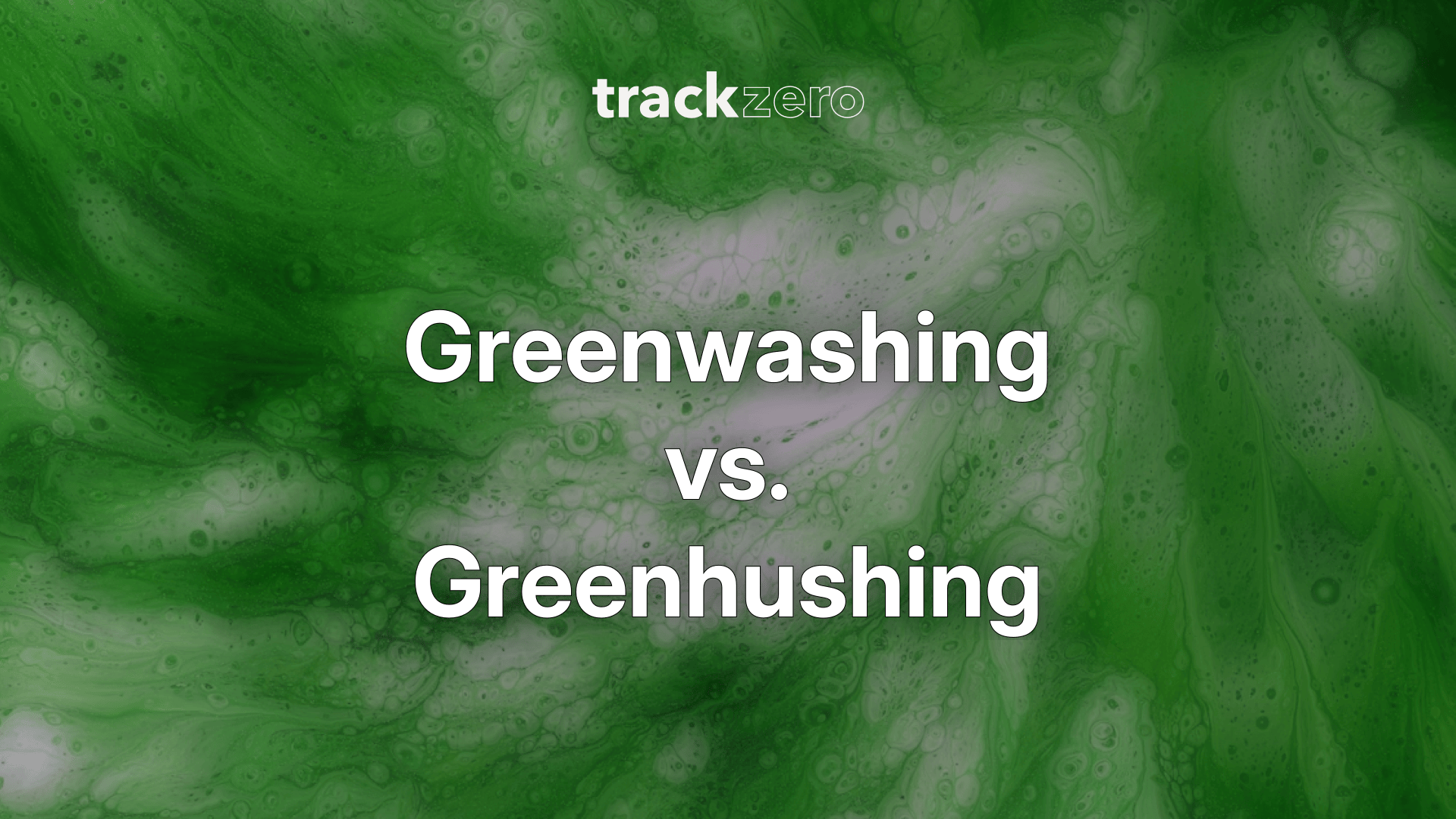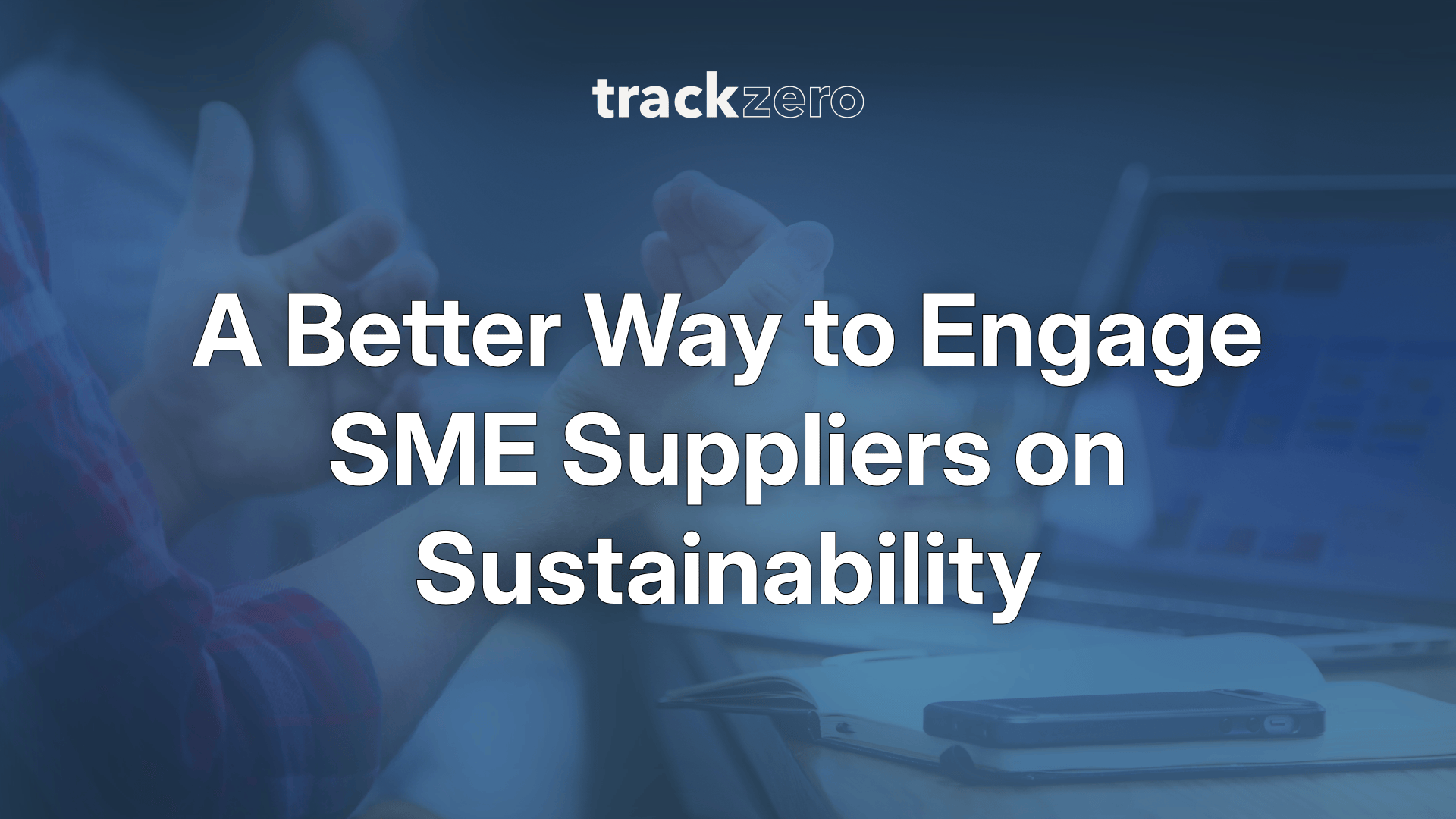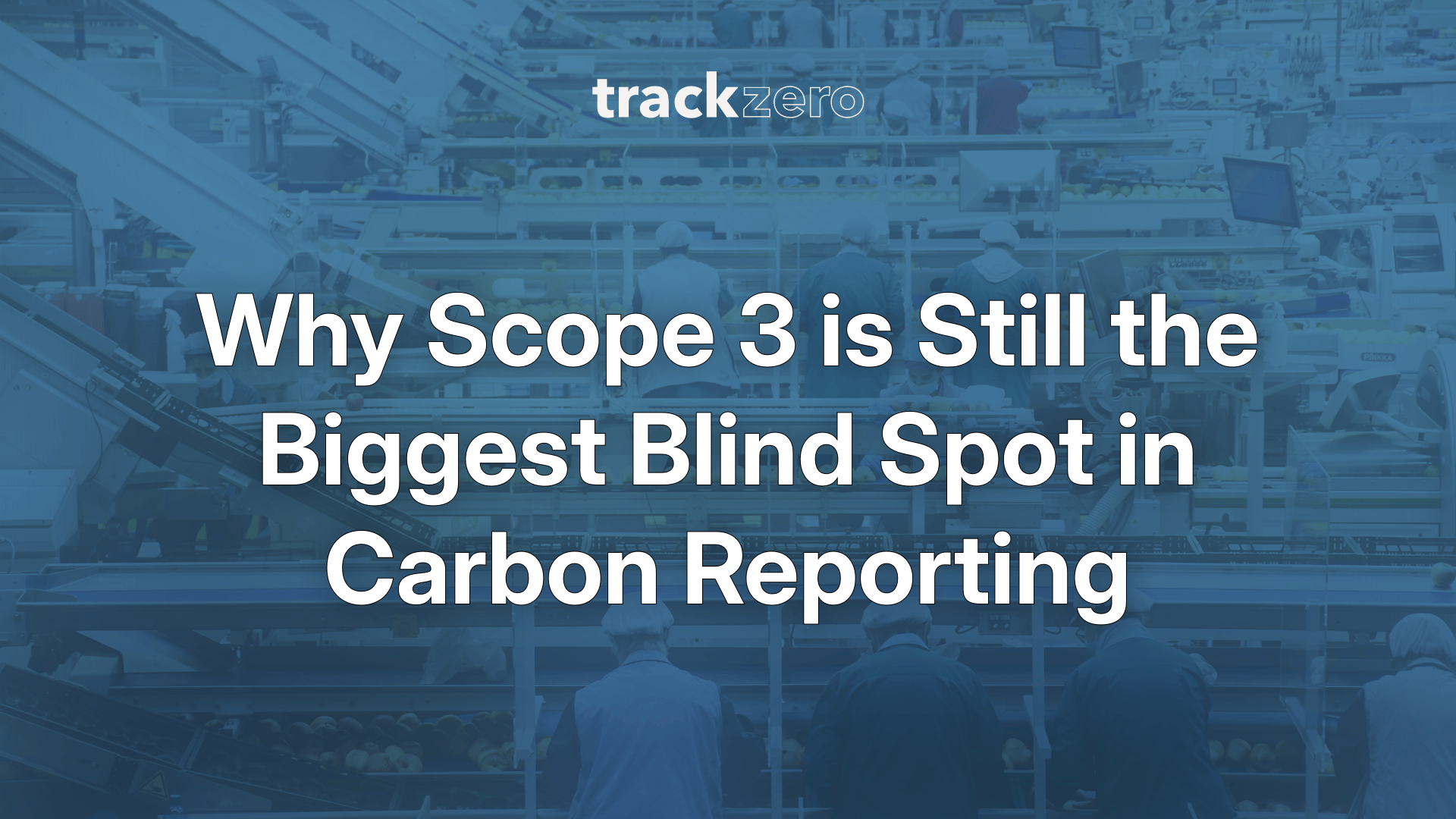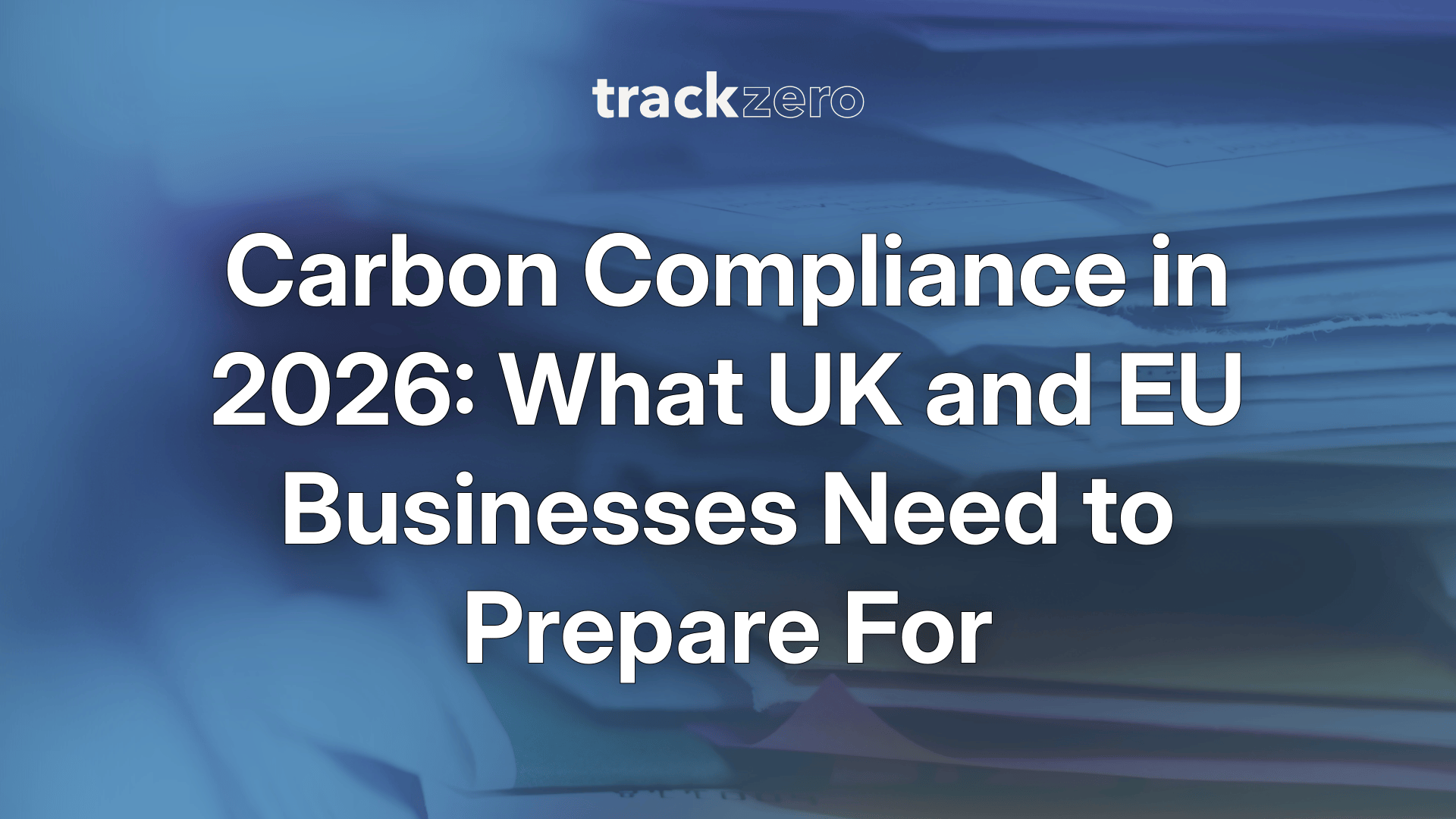In today's world, businesses are under growing pressure to not only think and act more sustainably, but demonstrate and share their journey. There is a lot to take on and in navigating this new landscape, many companies find themselves stuck between two communication traps: greenwashing and greenhushing.
In this article, we'll look at what these are, why they matter and how businesses can ensure honesty and transparency in their sustainability communication.
What is 'Greenwashing'?
Greenwashing refers to the practice of making misleading or exaggerated claims about a product, service or company's environmental credentials or situation.
Common examples include:
- Highlighting a single eco-friendly initiative while ignoring major negative impacts.
- Using vague language like "eco-friendly" or "green" without evidence.
- Displaying misleading visuals (like nature images) to imply sustainability.
Sometimes this is unintentional, coming from a lack of understanding or education around sustainability, the environment and regulation. Intentional or not, the negative impacts are the same:
- Erodes consumer trust and reputational damage
- Undermines genuinely sustainable business
- It will soon breach legal requirements, especially with upcoming regulations like the EU Green Claims Directive.
What is 'Greenhushing'?
Greenhushing is the lesser-known but increasingly common opposite of greenwashing. It's when businesses deliberately underreport or hide their sustainability progress, for fear of being criticised, accused of greenwashing, or falling short.
This can happen when companies feel their efforts aren't good enough, or the fear of backlash outweighs the benefits of transparency. Interestingly, this can also stem from a lack of understanding or education around sustainability, so companies don't feel confident in their efforts.
This also has negative consequences, such as slowing down the momentum of sustainable progress and removing the knowledge-sharing opportunities and encouragement available within many industries.
It is clear that sharing your sustainability journey as a business can be overwhelming: not knowing what you can or can't say, not knowing what is right or wrong, and not being sure where other businesses are at, either.
What businesses need is an authentic, accountable, and transparent communication about sustainability. That doesn't mean perfection. It means:
- Be honest about where you are on the journey.
- Back up claims with data, certifications, or clear methodologies.
- Share both wins and challenges.
To strike the right balance, businesses need to:
1. Start with solid data
Track your emissions, show your methodology and data collection, be honest about data sources and accuracy.
2. Be clear and specific
Replace vague claims with measurable actions, linking back to the data in step 1.
3. Acknowledge the journey
Don't be afraid to talk about what's still in progress or where you need to improve. Sustainability is not a tick box, its a journey!
4. Use third-party tools, accreditations and frameworks.
Things like the B Corp, the ISO standards, and platforms like TrackZero can help ensure accuracy and build trust in your reporting.
5. Honesty is the best policy
Fear of perception gets in the way of meaningful progress. Investors, stakeholders and customers will value honesty more than you think. It may even help you to gain support and advice from others in your industry and make a real lasting difference!
Whether it's greenwashing or greenhushing, both stem from a common fear and lack of knowledge. The truth is, you don't have to have all the answers to start talking about sustainability. In fact, being open about your progress, your challenges, and your plans can build far more trust than pretending or hiding. Take the time to learn, discuss and grow.
At TrackZero, we help businesses build confidence through accurate, collaborative, and transparent carbon reporting. Because real leadership in sustainability doesn't come from shouting the loudest, or staying silent. Our 'Promote' feature gives you the tools, assets, and support to share your carbon journey with clarity and credibility... no greenwashing, no greenhushing, just honest progress.
So, what are you doing for sustainability, and what do you want help with?
Let's start the conversation.




